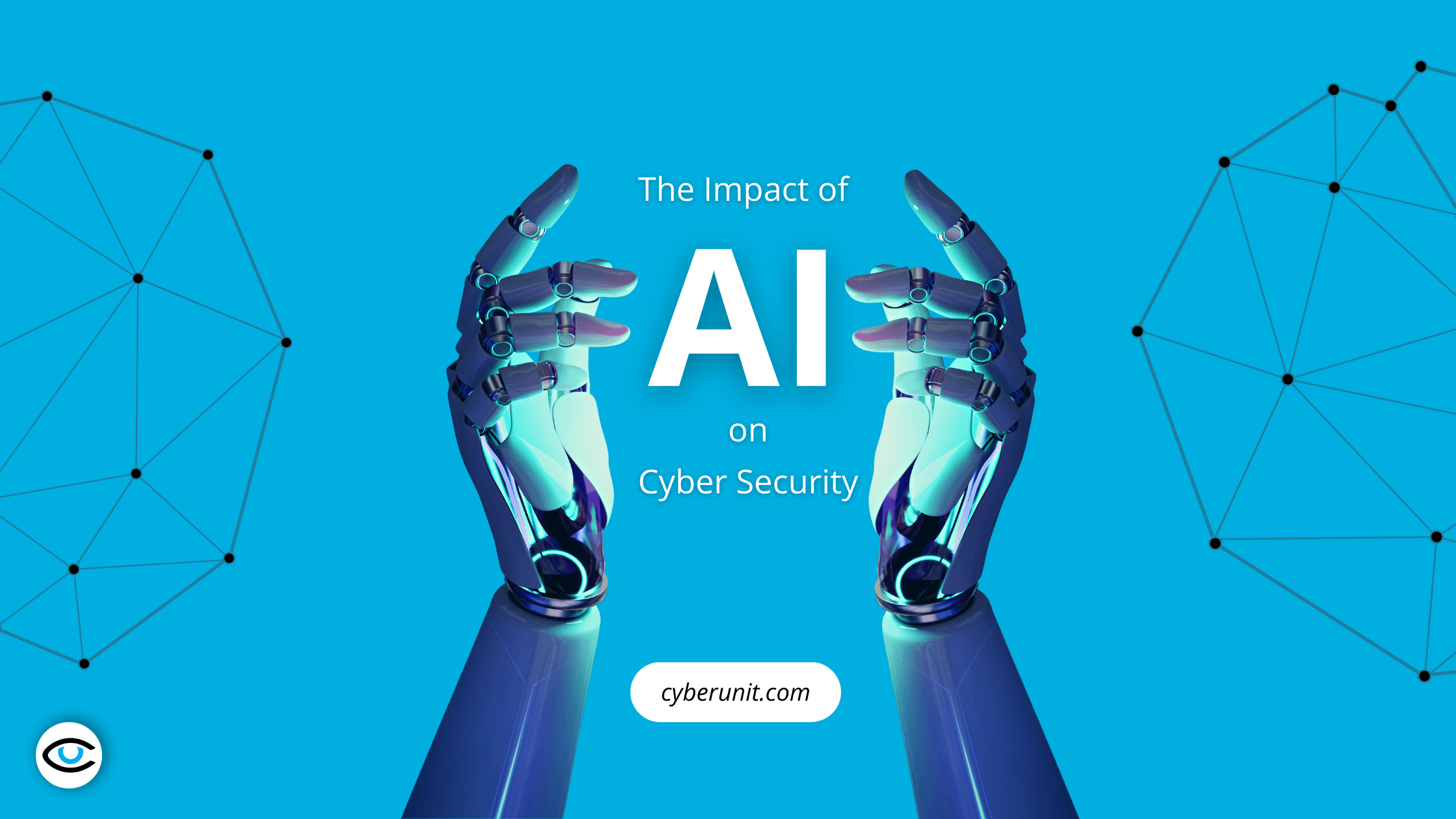The Impact of Artificial Intelligence on Cyber Security and the Challenges It Presents
AI is transforming many aspects of our lives, including the way we approach cybersecurity. While AI can provide many benefits to the field of cyber security, it also presents several challenges that need to be addressed. In this blog post, we will discuss the impact of AI on cyber security and the challenges it presents.
The Benefits of AI in Cyber Security
AI has the potential to transform cybersecurity in many ways. Here are some of the benefits of using AI in cybersecurity:
- Automated Threat Detection: AI can be used to analyze large amounts of data and detect anomalies that indicate a potential threat. This can help organizations detect and respond to cyber attacks more quickly.
- Predictive Analytics: AI can be used to identify patterns in data that may indicate a future cyber attack. This can help organizations take proactive measures to prevent attacks before they occur.
- Advanced Authentication: AI can be used to improve authentication methods, such as facial recognition or voice recognition. This can make it more difficult for cyber criminals to gain access to sensitive data or systems.
- Enhanced Response Capabilities: AI can be used to automate response measures, such as isolating a compromised system or blocking an IP address. This can help organizations respond more quickly and effectively to cyber attacks.
The Challenges of AI in Cyber Security
While AI has the potential to transform cybersecurity, it also presents several challenges. Here are some of the challenges of using AI in cybersecurity:
- Adversarial Machine Learning: Cybercriminals can use machine learning algorithms to bypass AI-powered security measures. This can make it difficult for organizations to defend against cyber attacks.
- Bias in AI Systems: AI systems can be biased, which can lead to inaccurate threat detection or false positives. This can lead to wasted resources and a false sense of security.
- Lack of Expertise: Implementing AI-powered cyber security measures requires specialized expertise, which can be difficult to find and expensive to hire.
- Regulatory Compliance: Regulations around the use of AI in cyber security are still evolving. Organizations need to ensure that their use of AI complies with relevant laws and regulations.
Conclusion
AI has the potential to transform cyber security in many ways, but it also presents several challenges. Organizations need to be aware of the benefits and challenges of using AI in cyber security and take steps to address these challenges. By leveraging the benefits of AI while addressing the challenges, organizations can improve their security posture and better protect themselves against cyber attacks.
